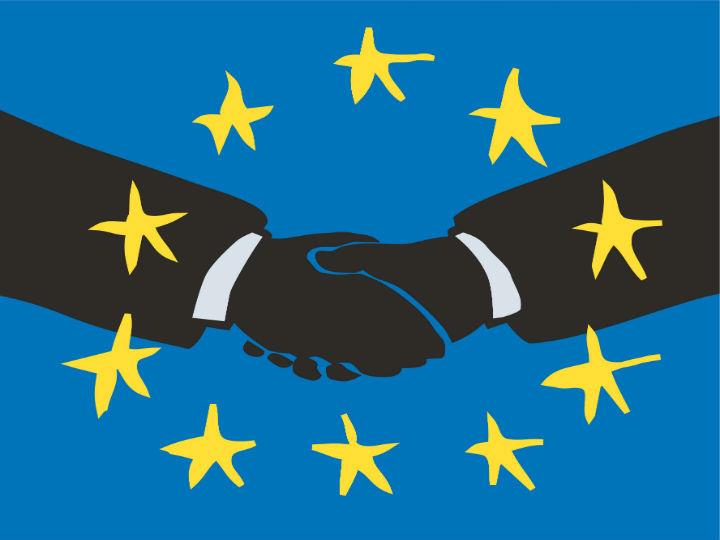by Jan Orbie and Deborah Martens*
Belgium has just celebrated its annual annual ‘fair trade week’. Civil society organizations, academics, businesses and citizens participate in debates on the impact of fair trade schemes, enjoy breakfast prepared with fair products, and visit exhibitions on exploitation of people in the South. The message is always the same: despite some progress, we face huge challenges, so we need to do more and better. Meanwhile, there is one elephant in the room: the governments. Fair trade has been entirely delegated to ethical consumers and responsible producers, while public authorities are conspicuous in their absence.
At the same time, the EU bubble in Brussels focuses on the European Parliament hearings of commissioner-designates. As a major elephant in international trade, the EU has always claimed to promote values-based trade. ‘Fair’ trade was a recurrent issue during the hearing of future Trade Commissioner Phil Hogan. However, a closer look reveals a different interpretation of fair trade. For Hogan, ‘fairness’ refers to ‘open markets’, a ‘level playing field’, ‘reciprocity in market access’, actions against protectionism and state subsidies. In the margins, the Irish Commissioner confirmed his support for an European ‘fair trade award’ and vaguely replied on mandatory due diligence in situations where human rights are breached by European companies.
Hogan hereby pursues the line of his predecessors. For the EU, fair trade equals free trade. More market is the solution, not the problem. The ‘Unfair Trading Practices Directive’ that was adopted in April 2019 is a case in point. The new law protects agricultural producers inside and outside the EU in trading deals with bigger buyers such as supermarkets. The Commission and the fair trade movement hailed the new law as a major step towards fair trade. Careful scrutiny shows that, again, ‘fair trade’ equals a better functioning market. The Directive outlaws 15 concrete practices, such as late payments and the cancellation of orders at short notice. This perfects Adam Smith’s free market, without challenging structural imbalances.
To be fair, the EU has taken some initiatives that link trade relations with human rights and environmental objectives. Since 2005 all EU trade agreements contain a chapter on sustainable development. Voluntary Partnership Agreements have been concluded with Vietnam, Honduras, Ghana, Cameroon, Indonesia and other countries to regulate trade in timber. The Conflict Minerals Regulation that aims to stem trade tin, tantalum, tungsten and gold will enter into force in 2021. The EU also supports the Sustainability Compact for textile in Bangladesh. The Generalized System of Preferences makes trade conditional on compliance with labour and human rights. All these initiatives share three defects: they are specific to one country or one sector, implementation has been difficult, and concrete impacts remain unclear.
Meanwhile, the EU continues its ‘hands off’ approach to fair trade. Ever more free trade agreements will be pursued, including the Economic Partnership Agreements that have been criticized for their detrimental social and economic impact on African economies. Sustainability concerns are put on the shoulders of citizens and companies that have to make difficult ethical decisions on how to consume and produce. This involves a proliferation of logos, certifications and corporate social responsibility charters, which have at best a limited and symbolic impact. The EU is absent in these initiatives.
In order to make trade really fair, more radical trade reforms will be needed. Trade rules should make it possible for national and local authorities to protect their markets against international competition. Instead of negotiating free trade agreements with a non-binding sustainability chapter, the EU could propose sustainability agreements with a non-binding trade chapter. Instead of insisting on timely payments to producers as under the Ethical Trading Practices Directive, the EU could create international arrangements for higher and stable commodity prices. Finally, the EU could impose mandatory due diligence requirements for European companies and tackle lax evasion by European multinationals in the South.
Such plans require more vision and ambition than attending fair trade breakfasts at the European Parliament or serving fair trade coffee in the European Commission. They are, however, urgently needed if the EU wants to seriously address trade justice.
*Director of the Centre for EU Studies, Associate Professor at Ghent University and a researcher at the Centre for EU Studies
**first published in: www.euractiv.com




 By: N. Peter Kramer
By: N. Peter Kramer
